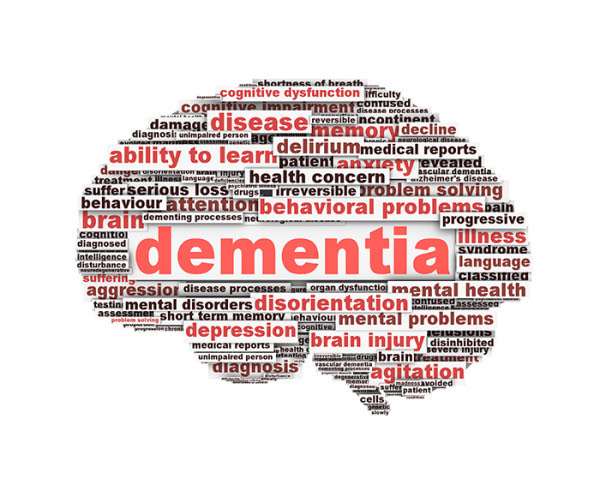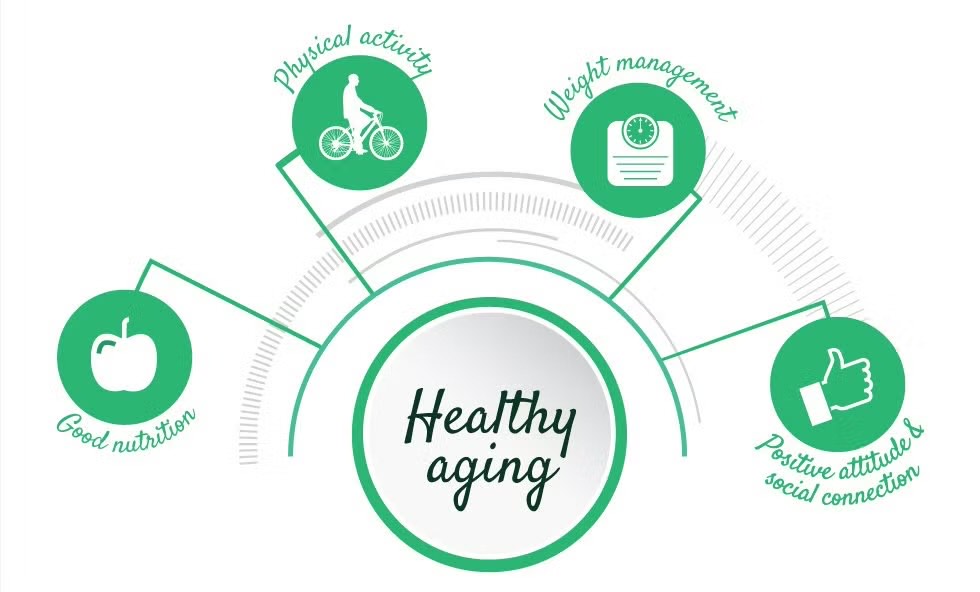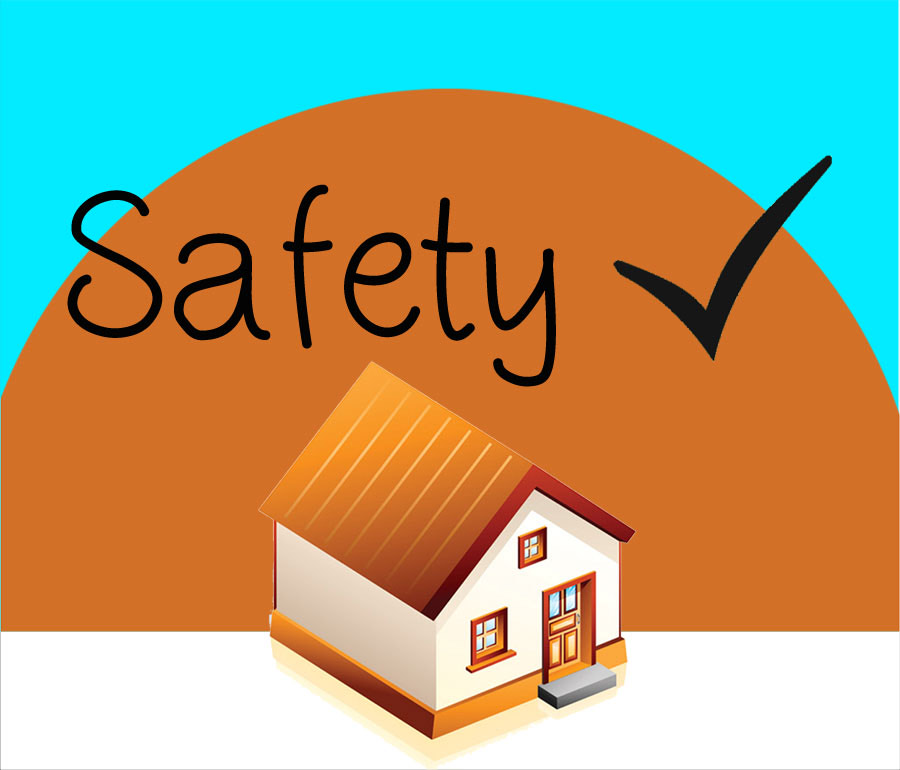Alzheimer’s disease and dementia are terms that are often used interchangeably, but they are not the same. While both affect memory, thinking, and behavior, understanding their differences and impacts is essential for providing proper care and support for those affected.
What Is Dementia?
Dementia is a general term for a decline in mental ability severe enough to interfere with daily life. It encompasses a range of symptoms caused by brain disorders, including memory loss, impaired communication, and changes in reasoning skills. Dementia is not a specific disease but a syndrome that can result from various underlying conditions.
What Is Alzheimer’s Disease?
Alzheimer’s disease is the most common cause of dementia, accounting for 60-80% of cases. It is a progressive neurological disorder that damages brain cells and leads to a gradual decline in cognitive abilities. Symptoms typically start with mild memory loss and worsen over time, eventually affecting an individual’s ability to carry out daily tasks.
Symptoms to Watch For
While symptoms vary from person to person, common signs of Alzheimer’s and dementia include:
- Memory loss: Forgetting recent events, names, or important dates.
- Difficulty planning or solving problems: Trouble following recipes or managing finances.
- Confusion about time or place: Getting lost in familiar settings or forgetting the day of the week.
- Changes in mood or personality: Becoming withdrawn, anxious, or easily upset.
- Difficulty with communication: Trouble finding words or following conversations.
Risk Factors and Causes
Several factors can increase the likelihood of developing Alzheimer’s or dementia, including:
- Age: The risk increases significantly after age 65.
- Family history: A genetic predisposition may play a role.
- Lifestyle factors: Poor diet, lack of exercise, and smoking can contribute.
- Chronic health conditions: Issues like diabetes, high blood pressure, and obesity are linked to a higher risk.
Caring for Someone with Alzheimer’s or Dementia
Caring for a loved one with Alzheimer’s or dementia can be challenging but also rewarding. Here are some tips to provide effective support:
- Create a Safe Environment
Ensure their living space is free of hazards. Consider locks on doors, removing tripping hazards, and labeling common items.
- Establish Routines
Consistent routines provide comfort and reduce confusion. Stick to regular meal times, bedtime, and activities.
- Communicate Clearly
Use simple sentences and give them time to respond. Avoid correcting them if they are confused—redirect the conversation instead.
- Encourage Engagement
Stimulate their mind with activities like puzzles, music, or reminiscing over old photos.
- Take Care of Yourself
Caregiving can be emotionally taxing. Seek support from friends, family, or professional resources, and take breaks when needed.
Prevention and Early Intervention
While there is no guaranteed way to prevent Alzheimer’s or dementia, some strategies may reduce risk:
- Maintain a healthy diet (e.g., Mediterranean or DASH diet).
- Stay physically active.
- Keep your brain engaged through learning or hobbies.
- Manage chronic health conditions effectively.
Seeking Help
If you or a loved one shows symptoms of dementia or Alzheimer’s, early intervention is key. A healthcare provider can conduct assessments, recommend treatments, and provide guidance on next steps.
Final Thoughts
Living with or caring for someone with Alzheimer’s or dementia can be overwhelming, but you are not alone. Educating yourself, seeking support, and practicing self-care are critical to navigating this journey. Remember, even small gestures of understanding and patience can make a world of difference to someone living with these conditions.
For more resources or assistance, contact your local Alzheimer’s Association or a home care provider specializing in dementia care.




